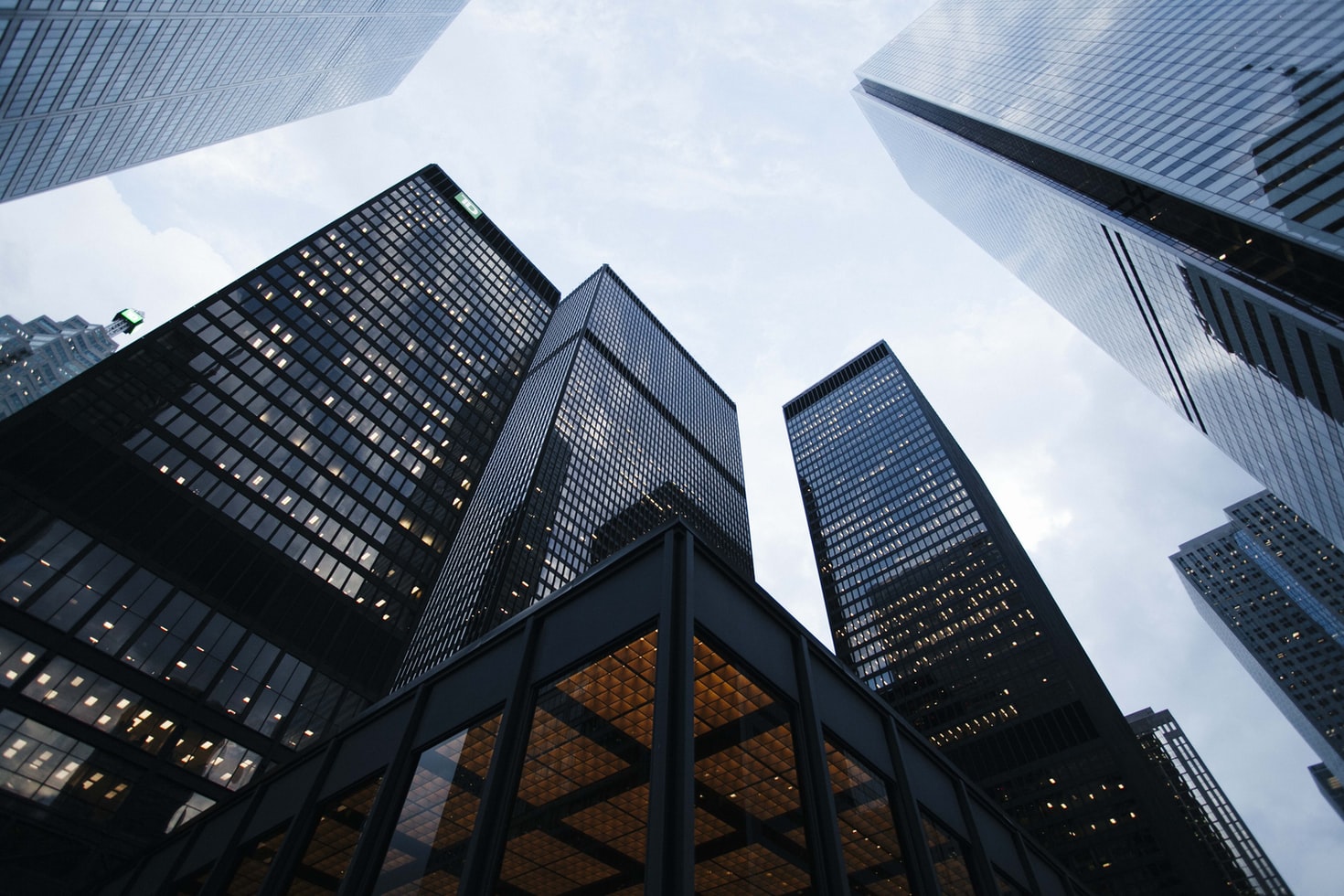Building commercial properties involve a lot of planning, resource allocation, and time and money management. Many things require your utmost attention, or else they can derail your entire project. When it comes to developing commercial metal buildings, the quality of steel plays a key role. Likewise, it’s essential to pay close attention to numerous things that are very important for the successful completion of the project.
Many first-time property owners get overwhelmed with all the intricate work involved in the process and make blunders that cause the project to terminate. Thankfully, with the proper guidance, you can avoid these blunders. To help with that, here are six common mistakes you need to avoid while building commercial properties.
1. Not Maintaining Transparent Communication Between the Stakeholders
There are numerous stakeholders in any construction project, such as the property owner, financers, contractors, architects, design professionals, vendors, and laborers. All of these individuals come from different professional backgrounds and experiences. There should be a common ground where these stakeholders can communicate seamlessly. Maintaining transparent communication among the stakeholders will ensure there aren’t any confusions or conflicts during or after the completion of the project.
Clear communication also ensures that the requirements are communicated and received accurately by the concerned parties. The lack of communication would not only raise conflicts but can create major construction problems during the project. For example, a miscommunication between the architect and the contractor can create major flaws in constructing a particular area.
2. Not Planning Beforehand
Every successful project is incomplete without proper planning. Building commercial properties involve a lot of moving parts that require your utmost attention. Unfortunately, if you are already running a different business, it can get challenging to juggle between multiple projects. That is why you need to plan things before you even start your project.
You should create a project plan that will include all the essential information about the project, such as names and roles of the stakeholders, cost of the project, budget for different tasks, duration of the project, and timelines for various milestones. This plan will help you with a realistic perspective about how your project will pan out and how much time and funds it will take to complete it. Many property owners underestimate the power of planning and end up getting confused with all the work.
3. Not Using the Best Material
There should be zero compromises when choosing the construction material. The contractor might get tempted to skim off some money using poor-quality materials like wood, glass, cement, bricks, etc. Using substandard materials can put the property at risk of collapse and put many lives in danger.
When it comes to commercial metal buildings, you need to get only the best construction material like steel and other metals to ensure the safety of your building. The strongest steel will ensure that your building stands still in the face of natural disasters like floods, hurricanes, and earthquakes.
4. Compromising Quality for Saving Money
Although you want to save money on different tasks, it’s also essential to understand the higher cost of better quality. Construction projects can get tight on budget; that is why you need to encourage your contractors and other service providers to spend resources as carefully as possible. That means you might have to spend more money if you wish to get the best work done.
If you get tempted to work with contractors and vendors offering cheaper rates than the market, you might want to rethink that. Often, the vendors with lower fees aren’t professionals or lack the necessary expertise to perform the task. You don’t want substandard quality of construction just because you wanted to save some bucks. You might spend more money than you should as you might need to redo the poor-quality work done by cheap contractors.
5. Not Considering Inconsistencies While Planning
Many beginner property owners fail to leave a wiggle room in their project plan. As construction projects take months to finish, it is more likely to face different weather conditions that can easily delay the project. You must consider numerous inconsistencies like market fluctuations, bad weather conditions, or other events that may not be in your control while planning your project. Thinking about these inconsistencies will help you effectively manage the project and avoid the risks these inconsistencies bring.
6. Not Focusing on Legalities
The legal procedures should be on the top of your list. Securing the legal permissions and licenses from local and regional authorities is a must before starting any construction work. Construction work involves a lot of legal paperwork such as contracts, permissions, licenses, and certificates to start the construction. Make sure you have all the essential paperwork to avoid any legal problems.
Construction projects can quickly escalate toward failure if they are not planned properly. Make sure you hire only the best professionals and secure all the legal permissions and sufficient funds before starting the work.

